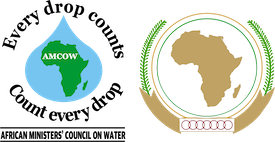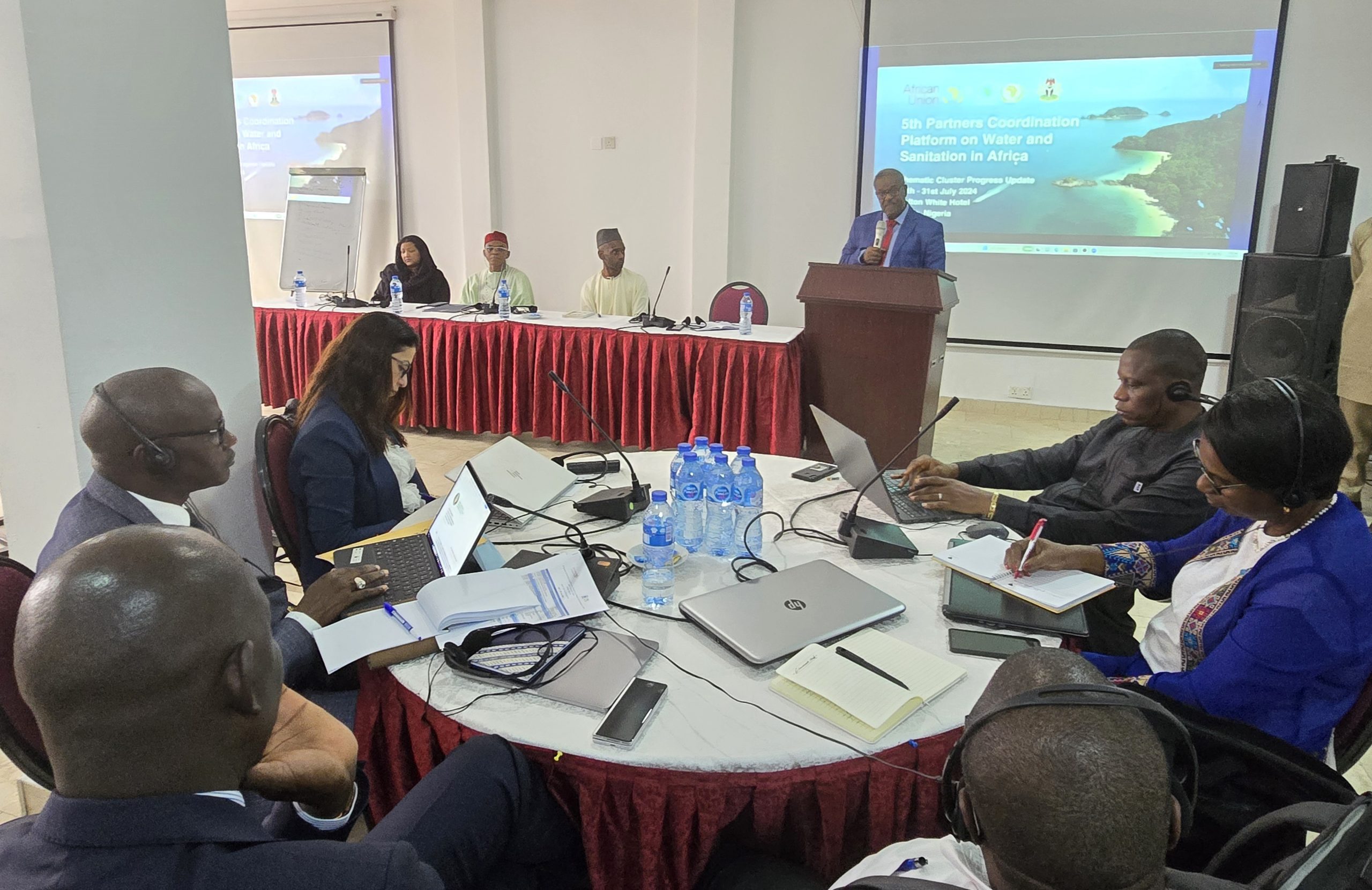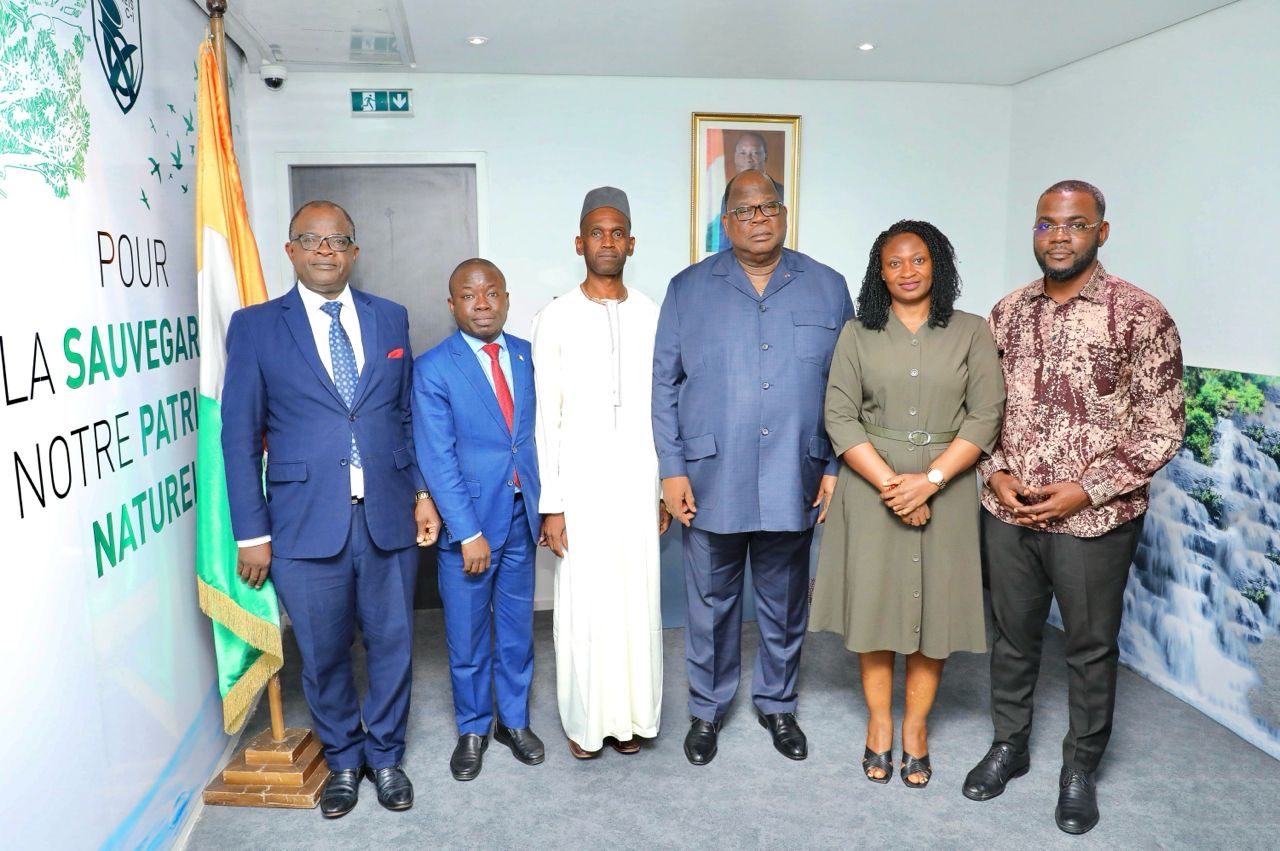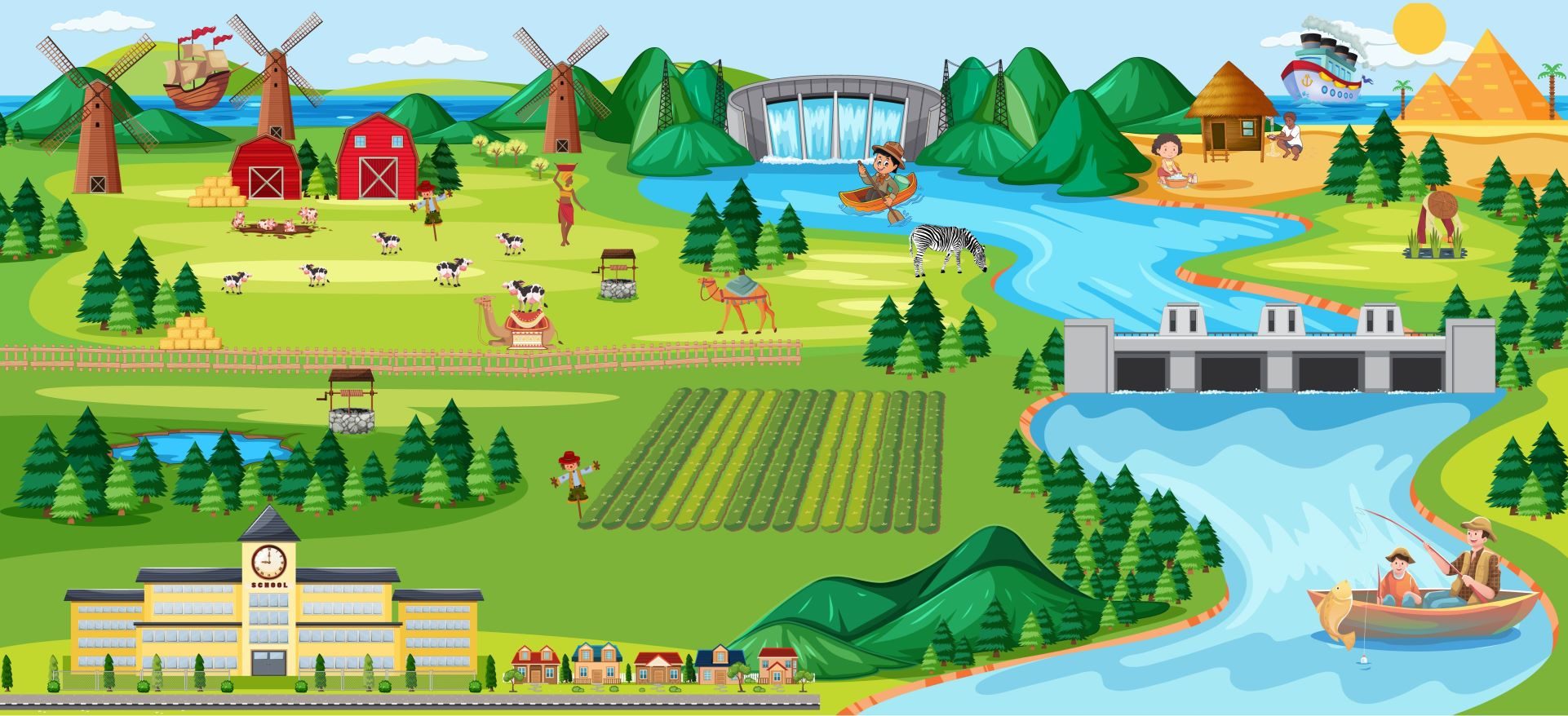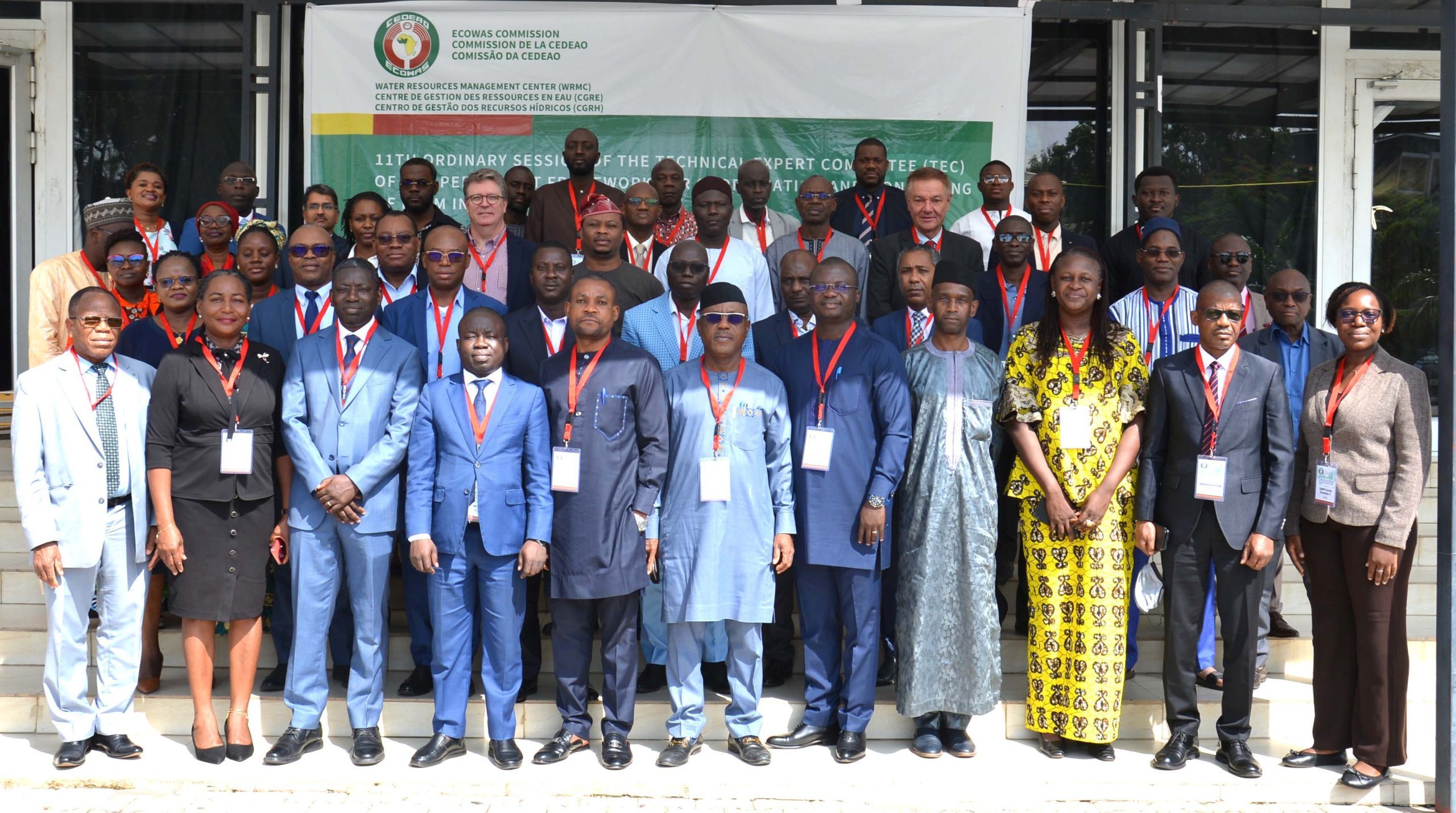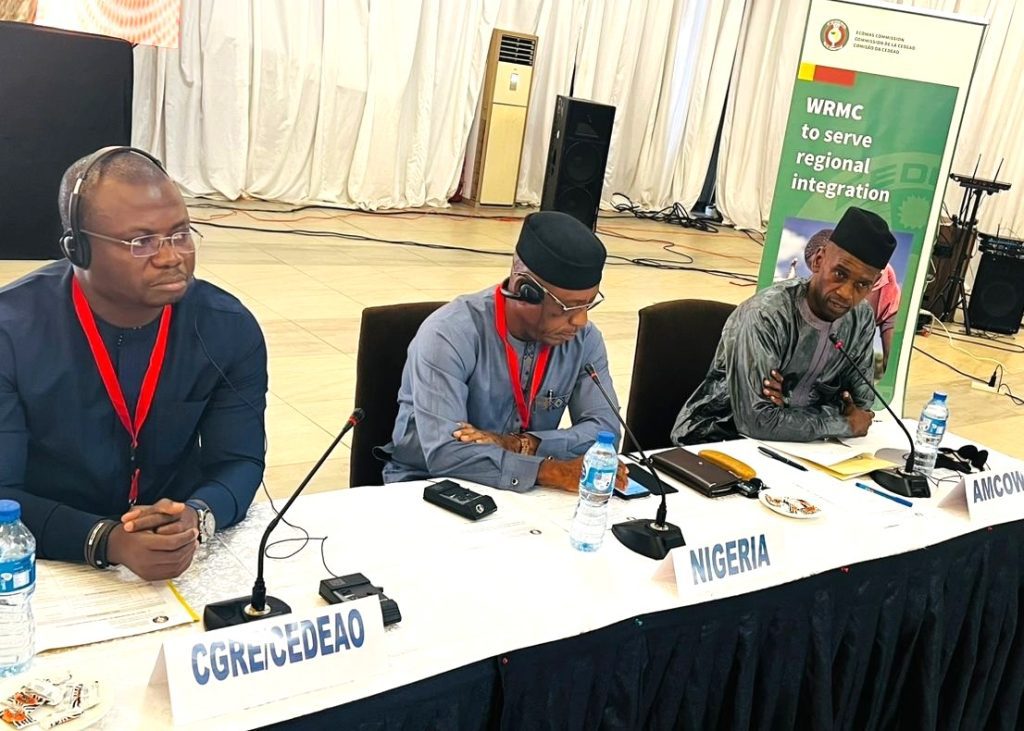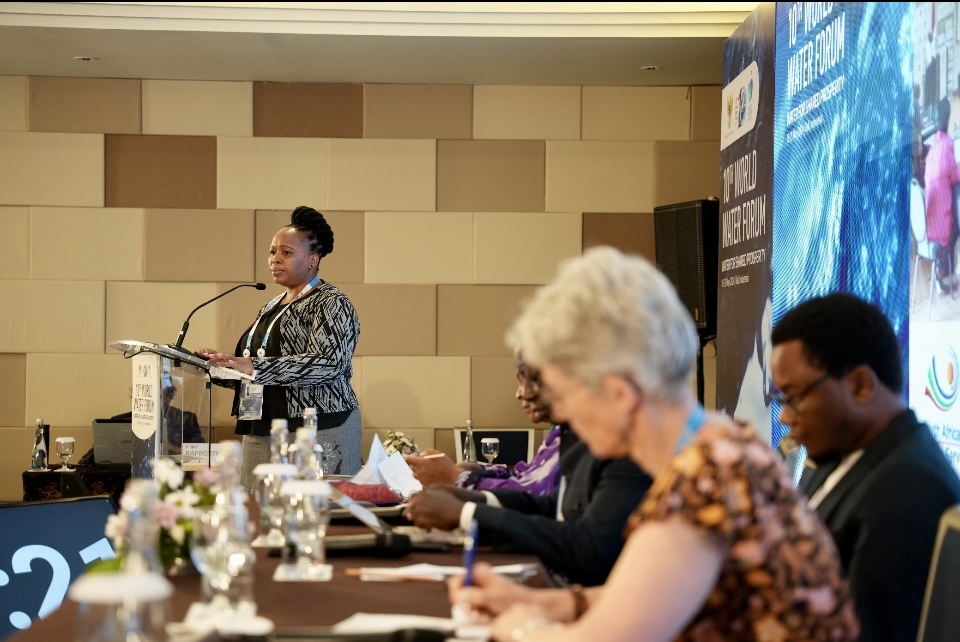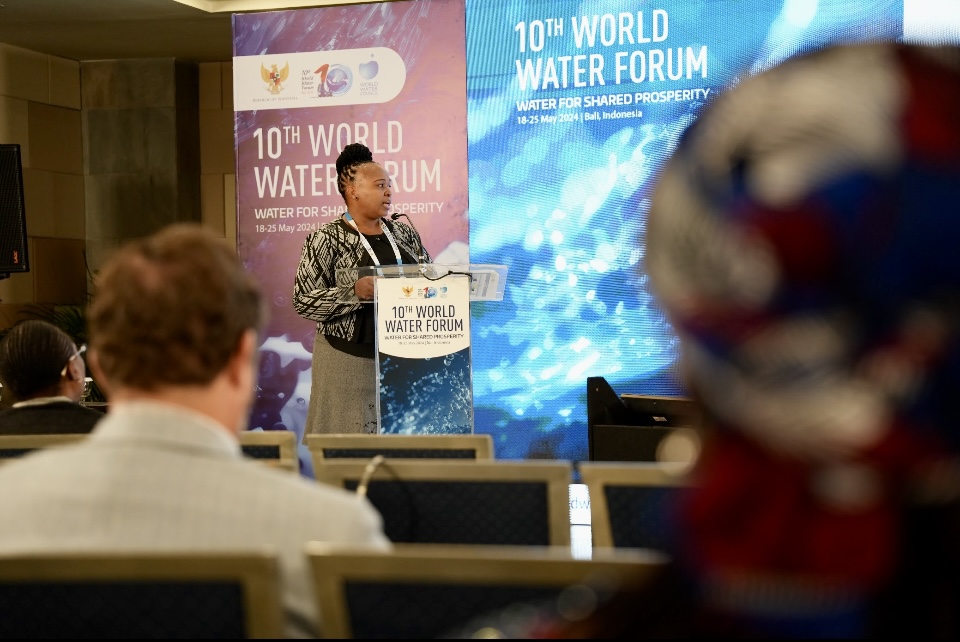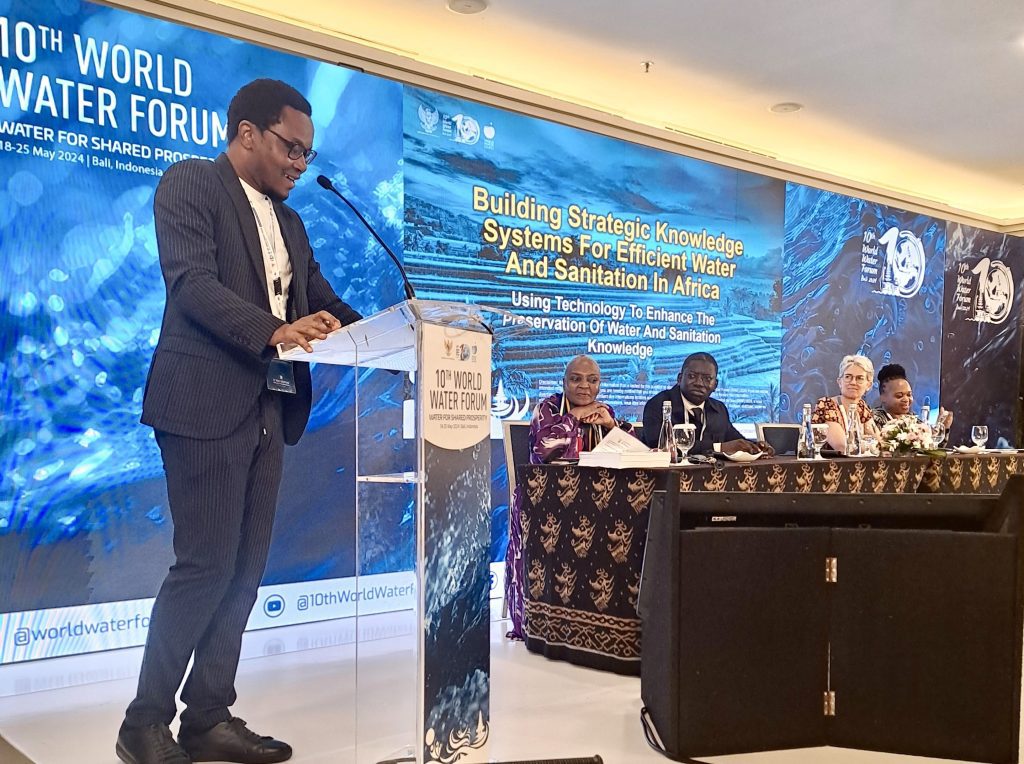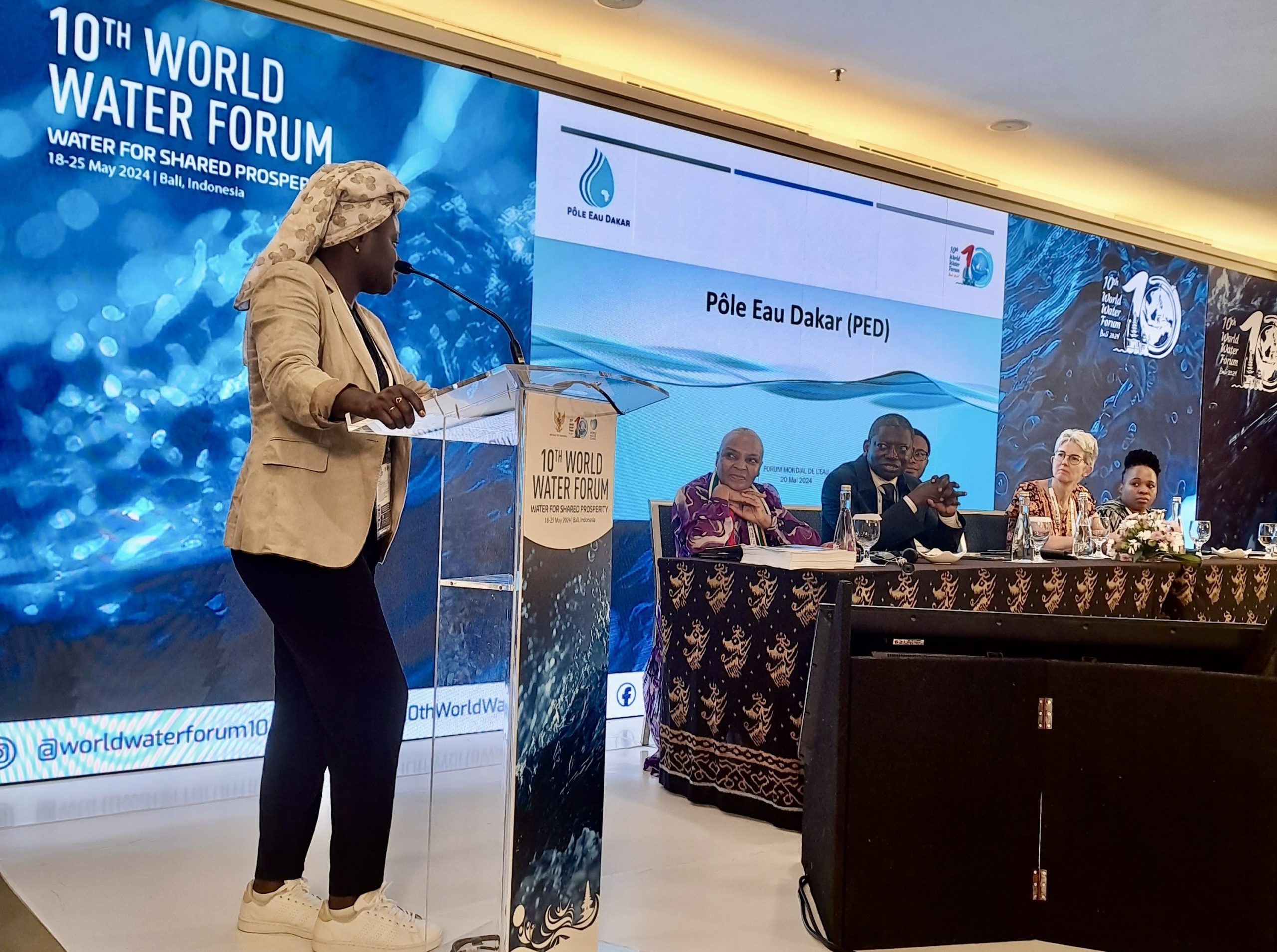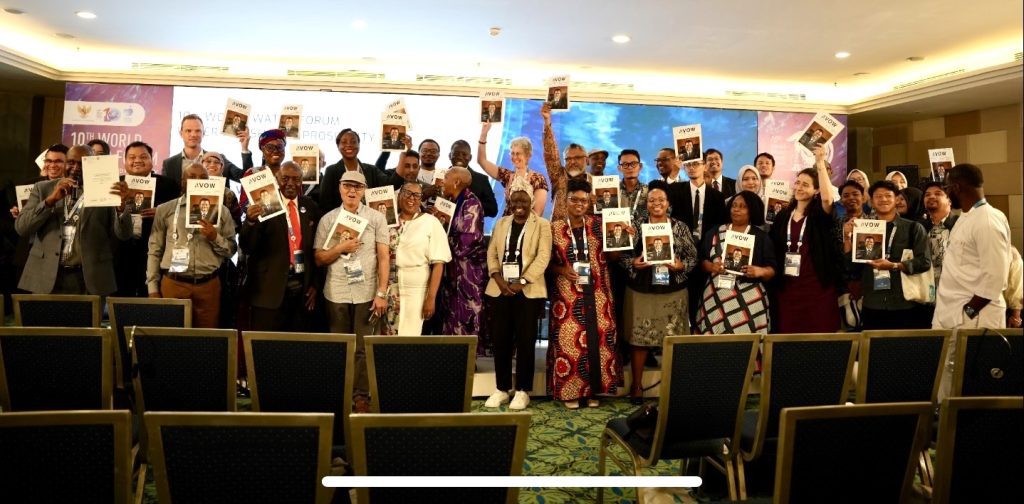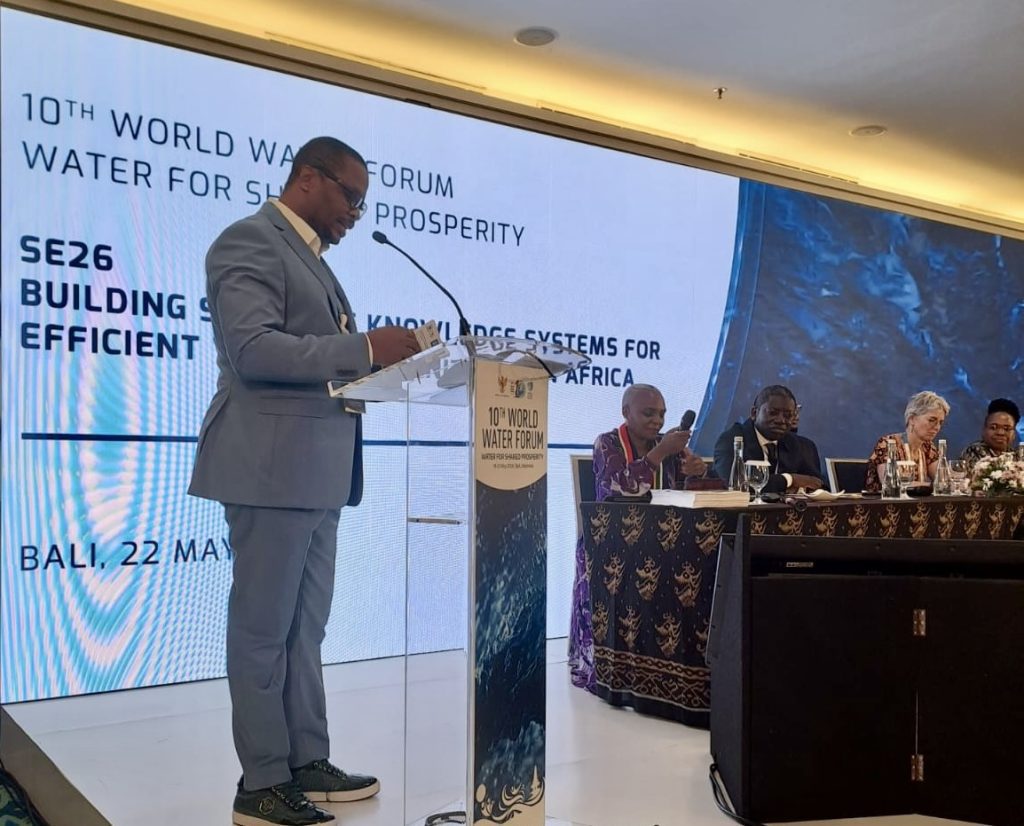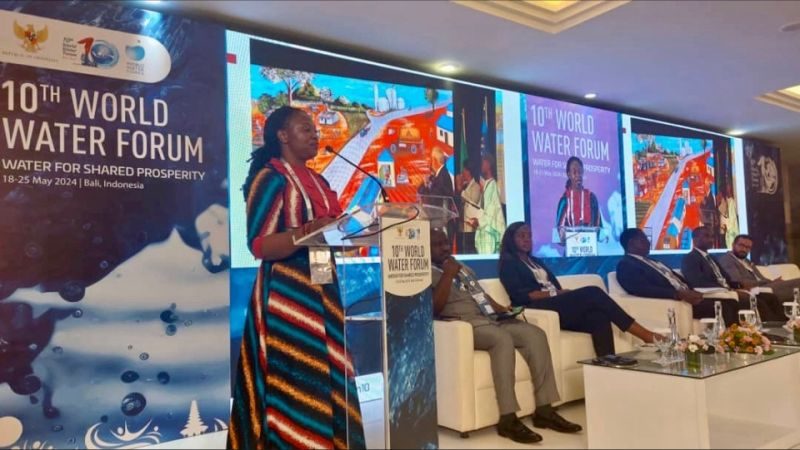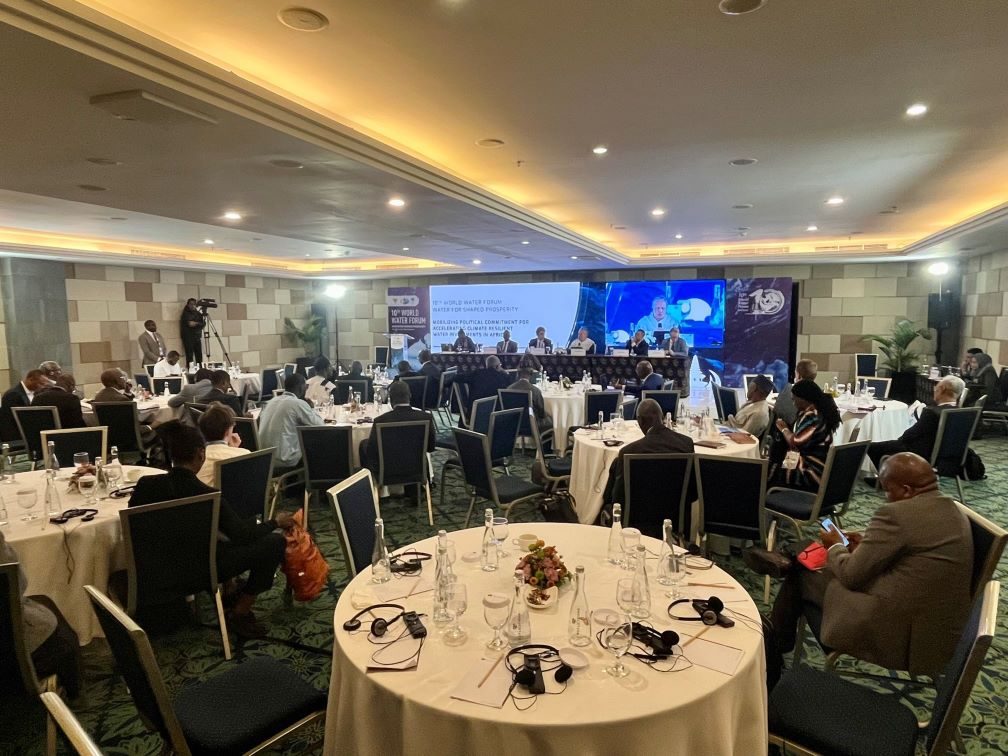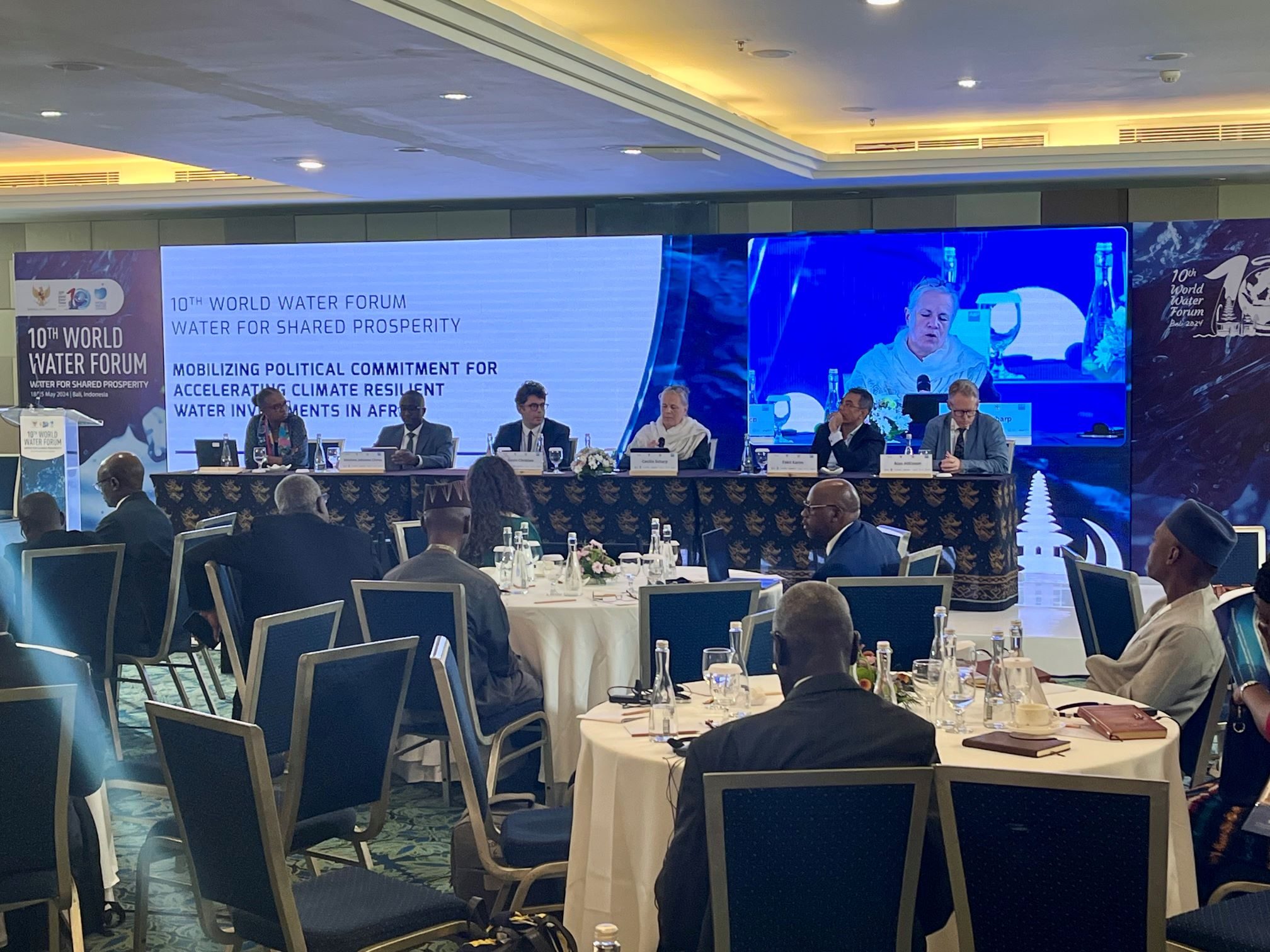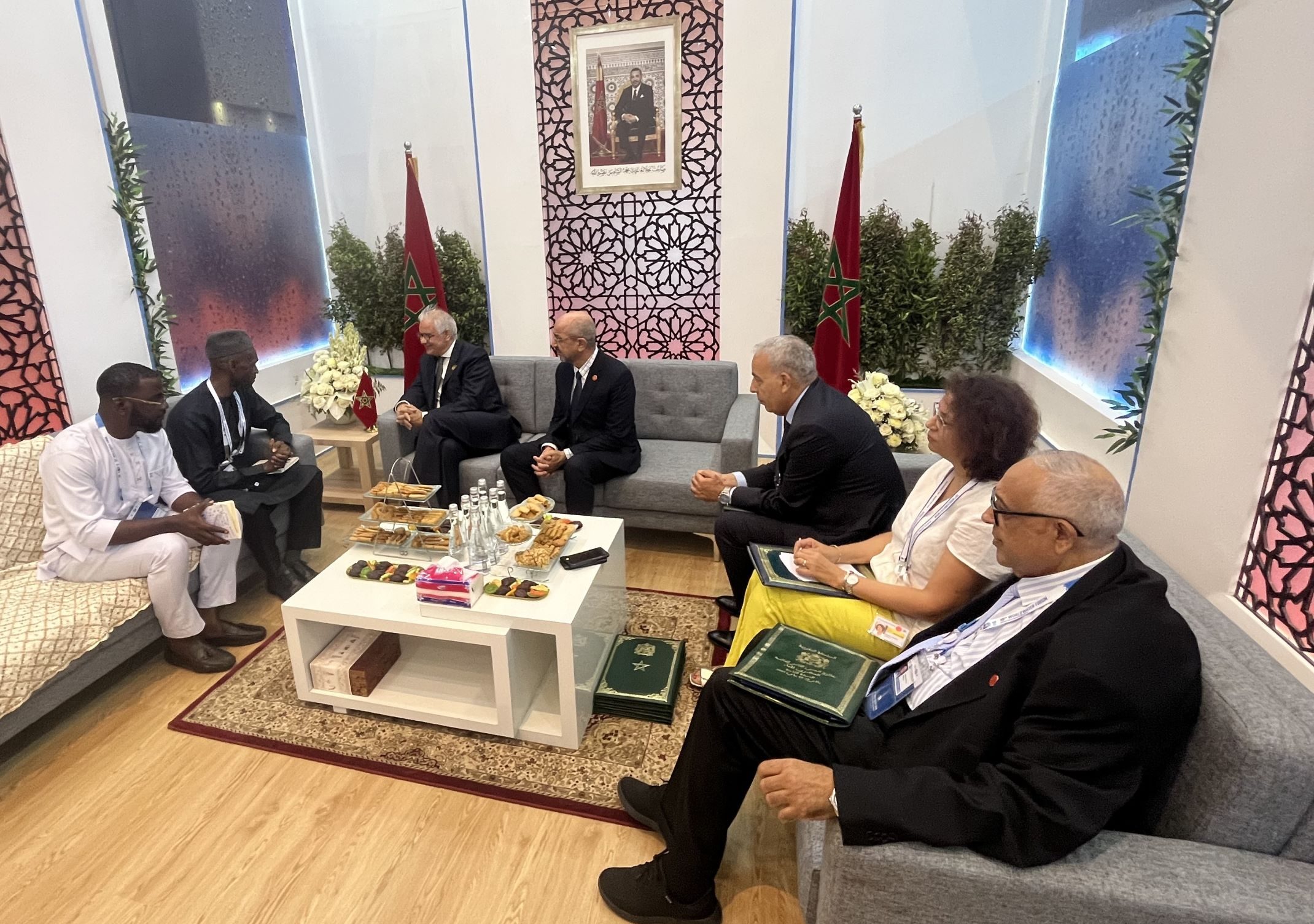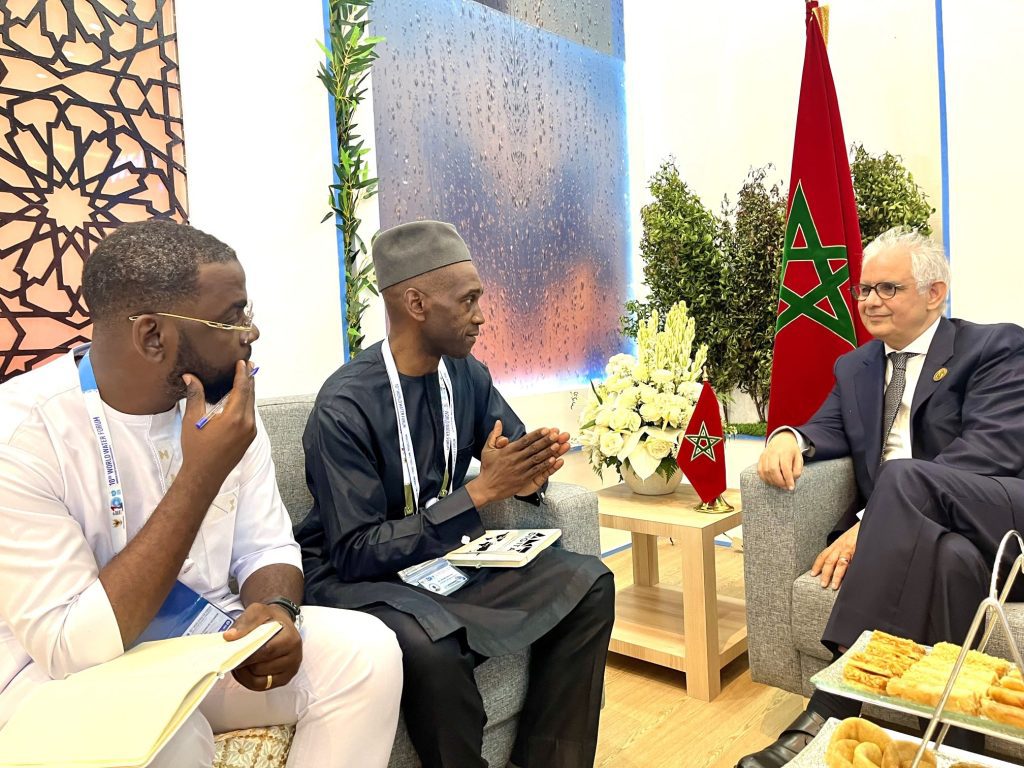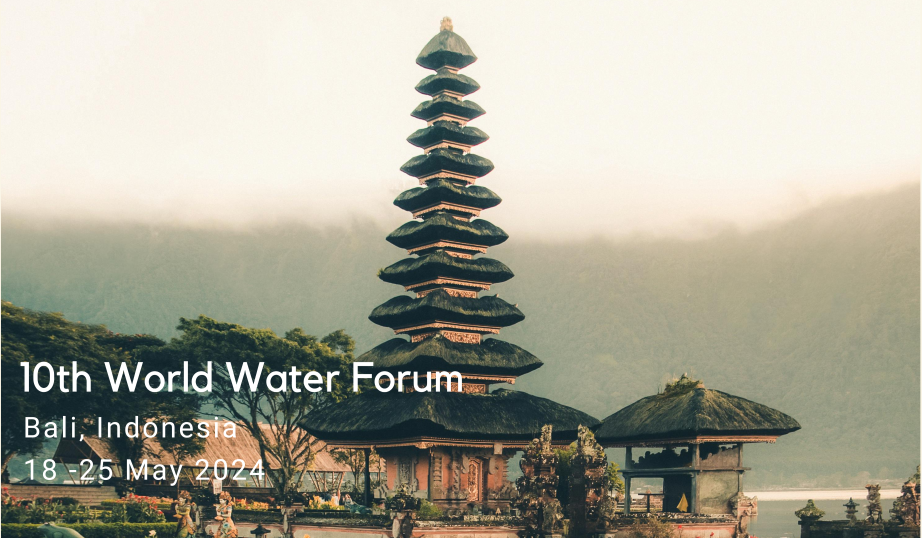AU and AMCOW Co-Convene the 5th Africa Water and Sanitation Partners’ Coordination Platform
The African Union Commission (AUC) and the African Ministers’ Council on Water (AMCOW) successfully co-hosted the 5th annual Partners Coordination Platform (PCP) meeting on water and sanitation in Africa. Held on 29-31 July 2024 in Abuja, Nigeria, the event brought together leading organisations, development partners, and stakeholders across the continent. The idea was to enhance coordination, strengthen partnerships, and align efforts to accelerate progress toward water security and sanitation goals in Africa.
The PCP is a vital platform for addressing Africa’s water and sanitation challenges by facilitating resource mobilisation, exchanging information, and promoting collaboration among key institutions. The platform and its contribution to the overall goals of the Africa Water Vision 2025 demonstrate water and sanitation’s roles as critical cross-cutting factors in Africa’s socio-economic development.
The 2022 Water and Sanitation Sector Monitoring Report reveals significant challenges. Millions lack access to safe sanitation and drinking water, and climate change exacerbates the issues, impacting livelihoods and economic growth across Africa. At the 5th PCP meeting, participants focused on the importance of building Africa’s resilience to climate change and ensuring that investments in water and sanitation are climate-proofed. Africa remains vulnerable to the effects of climate change, with its water resources severely impacted, which heightens the urgency for more decisive, well-coordinated action.
The gathering also provided a platform for assessing progress on water-related commitments, including those established under Agenda 2063, the African Union’s climate change and resilient development strategy, and the Africa Water Investment Program (AIP). Emphasis was placed on leveraging tools such as the Africa Water and Sanitation Sector Monitoring and Reporting System (WASSMO) and the AIP PIDA Water Investment Scorecard to track water-related investments, improve accountability, and guide future actions.
One of the core objectives of the PCP meeting was to enhance data, knowledge, and reporting mechanisms across the continent to inform better decision-making. Delegates exchanged insights on ongoing water and sanitation initiatives, identified gaps, and recommended future interventions. Key priorities that emerged included ensuring greater access to safe water and sanitation, improving institutional capacity for water governance, and enhancing the coordination of projects spanning transboundary basins and regional economic communities.
In addition to these technical discussions, the meeting allowed stakeholders to share reflections on Africa’s participation at the 10th World Water Forum in Bali, Indonesia. This exchange of experiences envisioned shaping Africa’s position at upcoming global and regional events, such as World Water Week, COP29, and the 9th edition of Africa Water Week.
Expected outcomes of the PCP meeting include enhanced insights into ongoing and planned initiatives and ideas for improving synergies across water and sanitation efforts and organisations. At the core of the consultation were the valuable contributions to the development of a Post-2025 Africa Water Vision and the African Union Water Policy. Also, the groundwork was laid to ensure Africa’s strong and coordinated representation on global platforms and advance a collective and impactful voice on water issues through the Africa Pavilion initiative. Participants at the 5th PCP meeting included representatives from AUC, AMCOW, AfDB, AUDA-NEPAD, UNECA, regional economic communities, basin organisations, civil society networks, development partners, and UN agencies such as UNICEF and UN-Water. These stakeholders are committed to continuing their collaboration to meet Africa’s water and sanitation challenges head-on.
